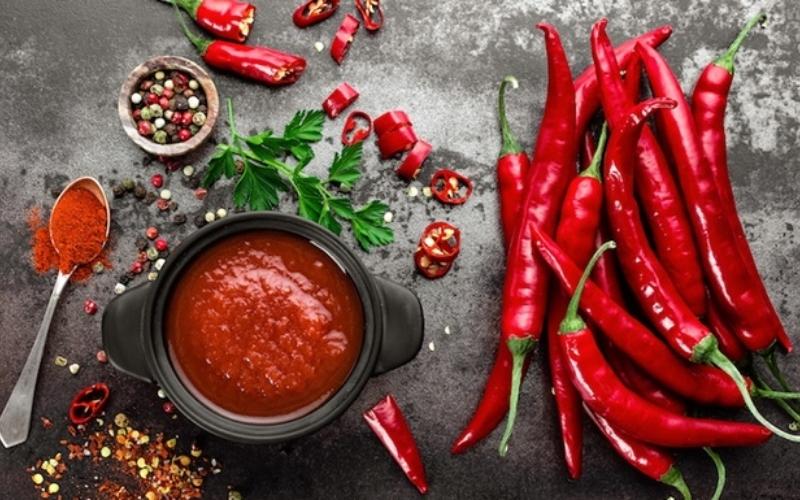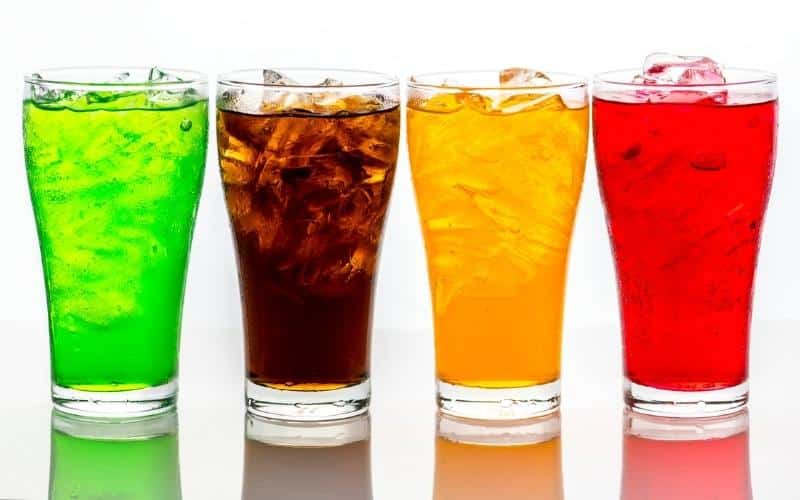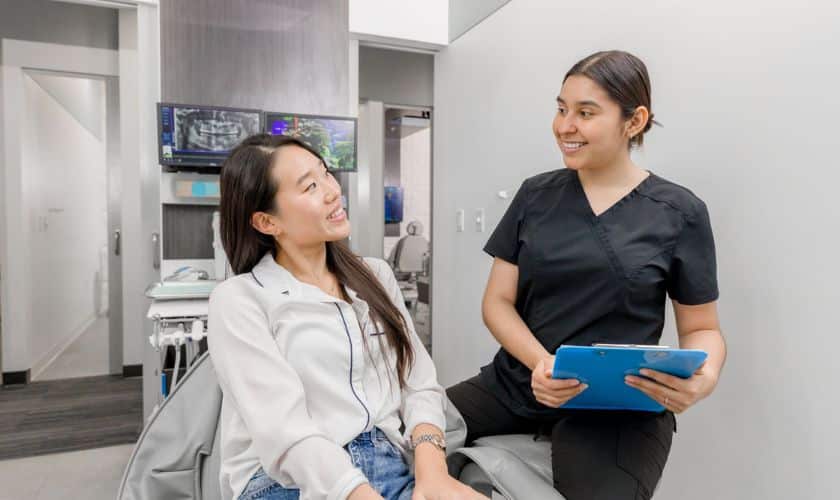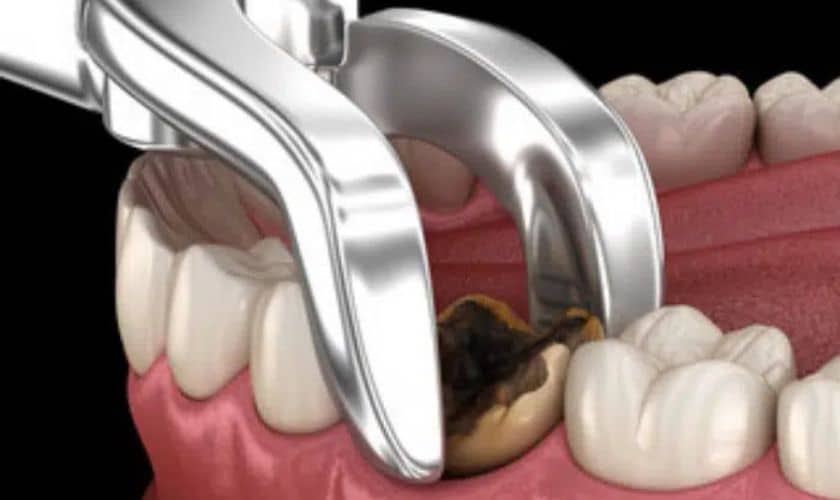Pearl Dental Blog

What Should Not Eat Or Drink After Tooth Extraction?
A tooth extraction, while often a necessary dental procedure, requires careful post-operative care to ensure a swift and smooth recovery. What you consume in the days following the extraction plays a pivotal role in this process. From sipping on soothing liquids to navigating the world of soft foods, every choice impacts your healing journey. This comprehensive guide will explore the crucial question: What should you avoid eating or drinking after a tooth extraction? Understanding the dos and don’ts can significantly affect the speed of your recovery and overall oral health. Let’s delve into the details of a post-tooth extraction diet to guide you through this critical phase.
Say No to Hot and Spicy Foods:

Immediately after a tooth extraction, the delicate balance of your oral environment demands a cautious approach to your diet. Hot and spicy foods, often delightful to the taste buds, become adversaries in this phase. The high temperatures and piquant spices can create a hostile environment, irritating the sensitive area of the extraction and potentially leading to discomfort and complications. The cardinal rule here is to opt for lukewarm or cool foods, providing relief to the healing site. Save the spice and heat for later when your mouth has fully healed, allowing you to savour the flavours without risking your recovery.
Avoid Crunchy and Hard Foods:
After a tooth extraction, your habitual chewing patterns need a temporary shift. Crunchy and hard foods, usually staples in our daily routines, must be cautiously approached. Chips and nuts, for example, pose a risk by exerting pressure on the extraction site, potentially causing injury and impeding the natural healing process. It’s time to embrace softer alternatives that offer nourishment without taxing your recovering mouth. Mashed potatoes, yoghurt, and smoothies become your allies, providing the necessary nutrients while giving your mouth the respite it deserves.
Skip the Carbonated and Acidic Drinks:

Post-tooth extraction healing is a delicate dance, and what you choose to drink can either hinder or facilitate this intricate routine. Carbonated and acidic drinks, such as sodas and citrus juices, fall into the former category. Their effervescence and acidity can disrupt the formation of a stable blood clot at the extraction site, causing discomfort and potential complications. Water emerges as your best companion during this recovery phase, and non-acidic alternatives like herbal teas offer a soothing touch without compromising your healing trajectory.
Hold Off on Alcoholic Beverages:
While celebrations may be tempting, restraint is the order of the day for alcohol after a tooth extraction. Alcohol’s renowned ability to thin the blood can pose challenges during this recovery phase. Thinned blood may interfere with the crucial formation of a stable blood clot, heightening the risk of complications. It’s prudent to abstain from alcoholic beverages until your dentist provides the green light for their resumption. Your commitment to this restraint ensures a smoother and safer journey toward oral recovery.
Curb Your Caffeine Intake:
For many, a cup of coffee or tea is a daily ritual, offering a quick energy boost and a comforting routine. However, in the context of post-tooth extraction recovery, moderation becomes key. Excessive caffeine intake can adversely affect the healing process by potentially impeding the body’s absorption of calcium, a vital mineral for bone health. Opting for decaffeinated alternatives becomes a strategic move, allowing you to support your recovery without compromising your daily routine and the intricate healing dance unfolding within your body.
Minimize Dairy Products:
Dairy products, recognized for their general benefits to oral health, require a nuanced approach immediately after a tooth extraction. Their thickness can be a potential challenge, adhering to the surgical site and causing irritation. For those who relish dairy, the recommendation is to choose softer options like yoghurt or explore non-dairy alternatives during recovery. This thoughtful adjustment ensures that your commitment to oral health aligns seamlessly with your dietary choices during this critical phase.
After a tooth extraction, your dietary choices can significantly impact the healing process. By avoiding hot and spicy foods, crunchy snacks, carbonated drinks, and alcoholic beverages, you pave the way for a smoother recovery. Opting for softer alternatives, staying hydrated with non-acidic beverages, and being mindful of caffeine and sugar intake are integral to supporting your body’s natural healing mechanisms. Remember, your dentist is your best guide through this journey, so follow their recommendations diligently. A well-thought-out post-tooth extraction diet not only aids in a speedy recovery but also sets the foundation for long-term oral health. As you navigate this crucial period, make informed choices to ensure your smile emerges stronger and healthier.





